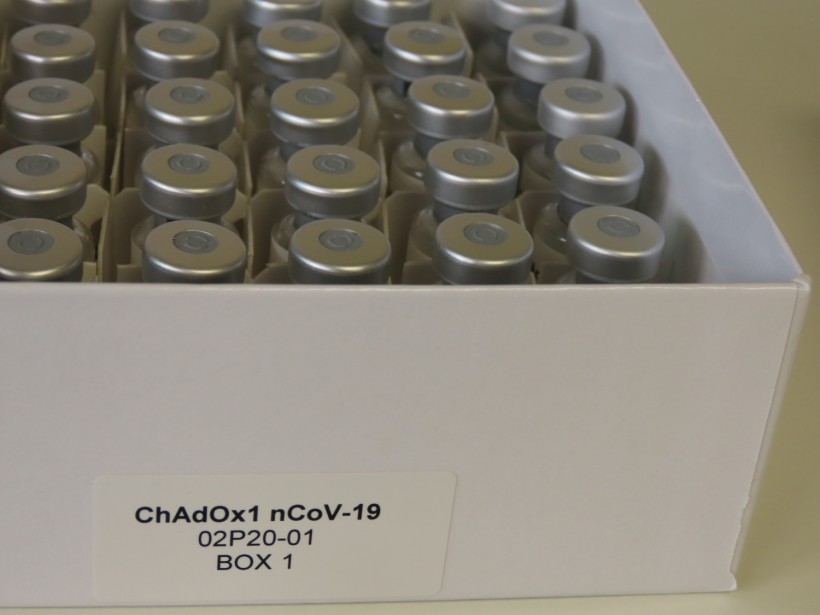Six monkeys of the rhesus macaques species were given the University of Oxford's experimental vaccine, ChAdOx1 nCoV-19, in Montana. As a result, the monkeys were not stricken with the disease and remained coronavirus-free 28 days after, despite substantial exposure to the virus.
Government scientists at the Rocky Mountain Laboratory in Hamilton, Montana, executed the trial on monkeys late in March. According to Vincent Munster, the head of the Virus Ecology Unit at the laboratory, the rhesus macaque is the closest thing to humans that they could test on.
The Jenner Institute is also working in collaboration with the Oxford Vaccine Group in producing the vaccine. The team is now dominating the global race for a coronavirus vaccine. The United Kingdom government has guaranteed at least $25 million to the trial.
Sinovac Biotech, a biopharmaceutical company based in Beijing, is also coursing for a vaccine to the coronavirus. Scientists from the company found out that its vaccine also appeared to be effective in macaques. Human trials for their vaccine are also underway.
About 80 coronavirus vaccines are undergoing the process of development around the world. However, some are skipping animal testing to save time, given the urgency of the matter.
Although humans and macaques have about 93% similarities in their DNA, this does not automatically mean that the vaccine will work on humans. However, the successful testing on animals is an encouraging initial sign.
The Oxford Vaccine Group had begun the vaccine trials on humans last week on Thursday. Among the first humans to test the vaccine was a microbiologist, Dr. Elisa Granato. About 1,100 people in the UK are waiting to be injected as part of the trial. It is anticipated to finish in September.
The team says that they may get enough data in a couple of months to see if the vaccine works, but if transmission levels drop, the trial could take up to six months.
Also Read: World's Loneliest Tree Stands Alone on Campbell Island, NZ With its Nearest Companion 137 Miles Away
Ahead of the Game
The process of developing a vaccine is quite long and meticulous that it takes about 12-18 months. Researchers admit that having a finished product ready for use by September would be unusually fast.
However, despite the lack of proof of its effectiveness, the Serum Institute of India, the world's largest vaccine manufacturer, vouched to start making doses of the vaccine in case it worked. At an average, the company produces 1.5 billion vaccine doses a year for an array of diseases.
Adar Poonawalla, the CEO of the Serum Institute of India, said that the institute plans to produce 5 million units of the vaccine in a month, continuously for six months. He admitted to wanting to get a jump-start on manufacturing and to have enough doses available if the clinical trials prove to be successful.
He adds that to get ahead of demand, they will start production right away. He stresses that the decision to do so was at their own risk and cost.
Poonawalla says they are planning to make the vaccine available at an affordable price of around 1,000 rupees in India, roughly $13.
Read Also: Doctors 'Re-paralyzed' a COVID-19 Patient Who Battled for 32 Days to Keep Him Alive















